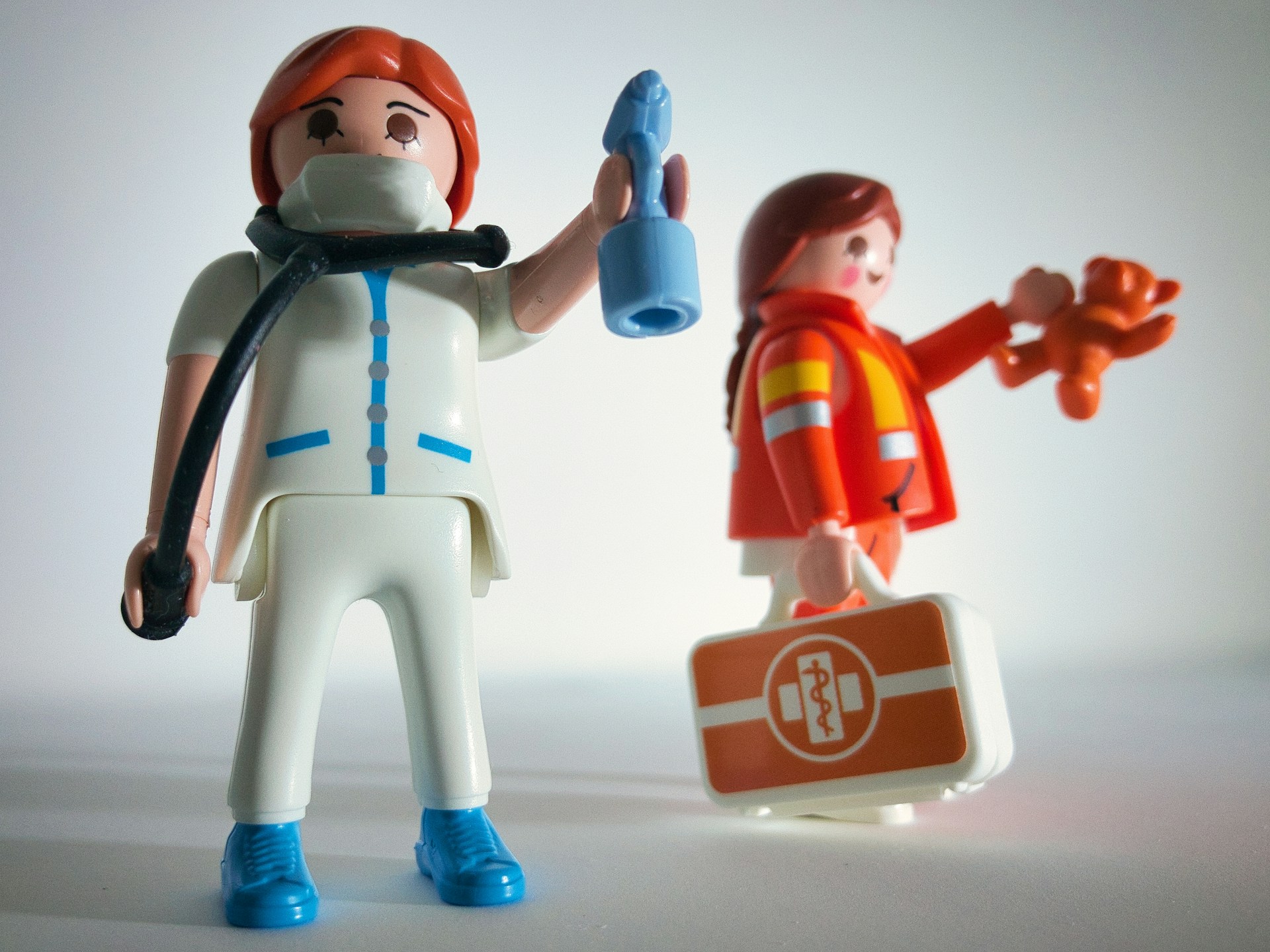The nursing profession has traditionally been associated with hospital wards and bedside care, but today’s nurses are charting new territories. With the rise of specialized healthcare, nurses are stepping into roles that blend clinical expertise with innovation. From leadership in policy-making to entrepreneurship in wellness services, the boundaries of the profession are expanding rapidly.
This transformation is driven by an evolving healthcare landscape. The demand for personalized and preventive care has pushed nurses to redefine their roles beyond conventional settings. Whether they are advocating for community health or pioneering telemedicine initiatives, nurses are proving to be adaptable professionals who meet emerging healthcare challenges head-on.
Yet, stepping into new roles isn’t just about opportunity; it’s also about necessity. Increasing burnout in bedside nursing has motivated many professionals to seek career paths that align better with their personal goals. These shifts highlight the resilience and creativity of nurses as they adapt to an ever-changing industry.
The Versatility of Nursing Skills
Nurses possess a unique blend of soft and hard skills that make them invaluable across a range of professions. Clinical acumen, problem-solving, and compassionate communication are not just assets in hospitals—they’re indispensable in education, technology, and business sectors. These transferable skills are empowering nurses to diversify their career paths.
One emerging area is healthcare education, where experienced nurses serve as instructors to shape the next generation of professionals. By leveraging their hands-on knowledge, they ensure that students gain both theoretical and practical insights. Additionally, nurses are increasingly sought after in healthcare informatics roles, where their understanding of patient care bridges the gap between technology and medical practice.
This versatility also extends to leadership roles, where nurses influence systemic change. Whether working as policymakers or health advocates, they bring a ground-level perspective to high-level decision-making. Such opportunities allow them to contribute to healthcare beyond the patient room, reinforcing the profession’s critical importance.
Overcoming Barriers to Career Growth
While the opportunities for career growth in nursing are vast, the journey is not without its challenges. Transitioning into new roles often requires navigating complex regulations, gaining additional certifications, and finding mentors who can provide guidance. These hurdles are particularly pressing for Nurse Practitioners (NPs), who often need to meet stringent state-specific requirements before achieving independence in their practice.
The need for career guidance and mentorship has led to a wealth of discussions about how nurses can best navigate these transitions. Insights into common career changes, such as moving from clinical roles to administrative or educational positions, highlight the critical importance of preparation and planning. For many, understanding these pathways can demystify the process and reveal opportunities that align with both their skills and professional goals.
Such discussions also emphasize the role of innovation and adaptability in overcoming barriers. Nurses who successfully transition often rely on a combination of practical strategies and a robust support network. By leveraging available resources and tapping into shared experiences within the nursing community, they can turn potential roadblocks into stepping stones for success. These stories of transformation serve as both inspiration and a roadmap for those seeking to redefine their careers.
Entrepreneurship: Nurses as Innovators
Nurses are proving that healthcare innovation isn’t limited to doctors or executives. Many are stepping into entrepreneurial roles, creating solutions that address gaps in the healthcare system. From launching mobile health clinics to developing wellness-focused startups, nurses are leading initiatives that combine compassion with creativity.
The entrepreneurial journey often starts with identifying unmet patient needs. Nurses, through their daily interactions, have firsthand knowledge of the challenges faced by patients and the system. This insight drives ventures that prioritize accessibility, such as telehealth services tailored for underserved populations or educational platforms for chronic disease management.
However, entrepreneurship comes with its own set of challenges, including funding and navigating regulatory landscapes. Successful nurse entrepreneurs often rely on interdisciplinary collaborations, working with legal advisors, tech experts, and marketers. These partnerships not only mitigate risks but also amplify the impact of their innovations.
The Role of Technology in Career Expansion
Technology is redefining nursing careers, creating opportunities that didn’t exist a decade ago. Telemedicine has become a vital platform for nurses, allowing them to deliver care remotely while balancing flexibility with professional commitments. This shift not only enhances patient access but also broadens nurses’ career horizons.
Beyond telemedicine, health informatics is another burgeoning field for nurses. In these roles, they contribute to the design and implementation of electronic health records, ensuring that technology aligns with patient care needs. Their expertise also drives advancements in areas like predictive analytics and AI-powered diagnostic tools.
Wearable health devices and remote monitoring technologies have further expanded nurses’ scope of practice. By interpreting data and offering real-time interventions, nurses are playing a pivotal role in preventive care. These technological advancements underscore the evolving relationship between nursing and innovation.
A Future of Limitless Possibilities
As the nursing profession evolves, the possibilities for career diversification continue to grow. The rise of holistic care and integrated health systems offers nurses new roles in mental health advocacy, community health, and wellness coaching. These positions align closely with the core values of nursing while pushing the profession into new territory.
Leadership opportunities are also on the rise, as nurses take on roles that influence healthcare policy and strategy. With their firsthand experience in patient care, they bring invaluable insights to decision-making processes, ensuring that healthcare systems prioritize quality and equity.
Ultimately, the future of nursing lies in its adaptability. As healthcare becomes more complex and patient-centered, nurses are well-positioned to lead the charge. By embracing innovation, collaboration, and lifelong learning, they will continue to redefine their careers while transforming healthcare delivery worldwide.
Final Thoughts: Redefining the Future of Nursing
Nursing is no longer confined to traditional roles—it is a dynamic and evolving profession with boundless opportunities. As nurses continue to explore new horizons, their adaptability and expertise are proving to be invaluable across industries. From technology to entrepreneurship, and from leadership to patient advocacy, nurses are at the forefront of innovation in healthcare.
The challenges that come with these transitions are real but surmountable. Organizations, mentorship, and collaboration are playing a crucial role in supporting nurses as they redefine their careers. By addressing barriers and providing the necessary resources, the healthcare ecosystem is empowering nurses to pursue paths that align with their skills and passions.
Ultimately, the evolving career landscape is a testament to the resilience and vision of nursing professionals. By embracing change and leveraging their unique capabilities, nurses are not only shaping their own futures but also contributing to a more innovative and patient-centered healthcare system. The future of nursing is bright, and the possibilities are limitless.















